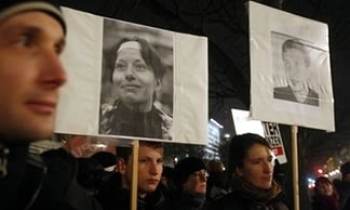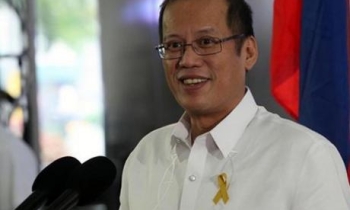The Kyrgyzstan government has refused to resume local retransmission of Radio Free Europe/Radio Liberty’s Kyrgyz service unless it submits programmes for prior approval. The demand was made on December 15 by Melis Eshimkanov, head of state-owned broadcaster UTRK, who told a RFE/RL delegation its programmes were “too negative and critical.”
“This political decision is intolerable,” Paris-based Reporters sans Frontières (RSF) said. “There is absolutely no justification for this unabashed attack on one of the few sources of quality news in Kyrgyzstan, one that has been informing the Kyrgyz population for more than 50 years. If the authorities do not reverse this decision, they will be sending a clear message that they have chosen the road of authoritarianism rather than democracy. This would be a retrograde step.”
Under a March 2005 contract, UTRK is supposed to retransmit RFE/RL’s Kyrgyz service, known locally as Radio Azattik, but UTRK suspended retransmission on October 8, a week after it censored an RFE/RL-produced TV current affairs programme called 'Inconvenient Questions'.
The programme was about the October 5 local elections and should have been broadcast on October 1, but UTRK claimed to have “lost” it. 'Inconvenient Questions' was criticised by President Kurmanbek Bakiev in September as having a pro-opposition bias.
"That a government selling itself to the world as reformist would blatantly demand prior censorship to keep a popular broadcaster on the air is outrageous," said Commitee to Protect Journalists (CPJ) Europe and Central Asia Programme Coordinator Nina Ognianova. "We call on the Kyrgyz authorities to abandon the Soviet mentality of censorship and immediately return RFE/RL to the airwaves. The Kyrgyz public deserves a plurality of news sources, including those 'too negative and too critical' of the government."
Nearly four years after the Tulip Revolution, Kyrgyzstan’s evolution towards democracy is looking shaky even if it continues to be one of the least repressive of the former Soviet republics in Central Asia. It was ranked 112th out of 173 countries in the latest RSF press freedom index.









